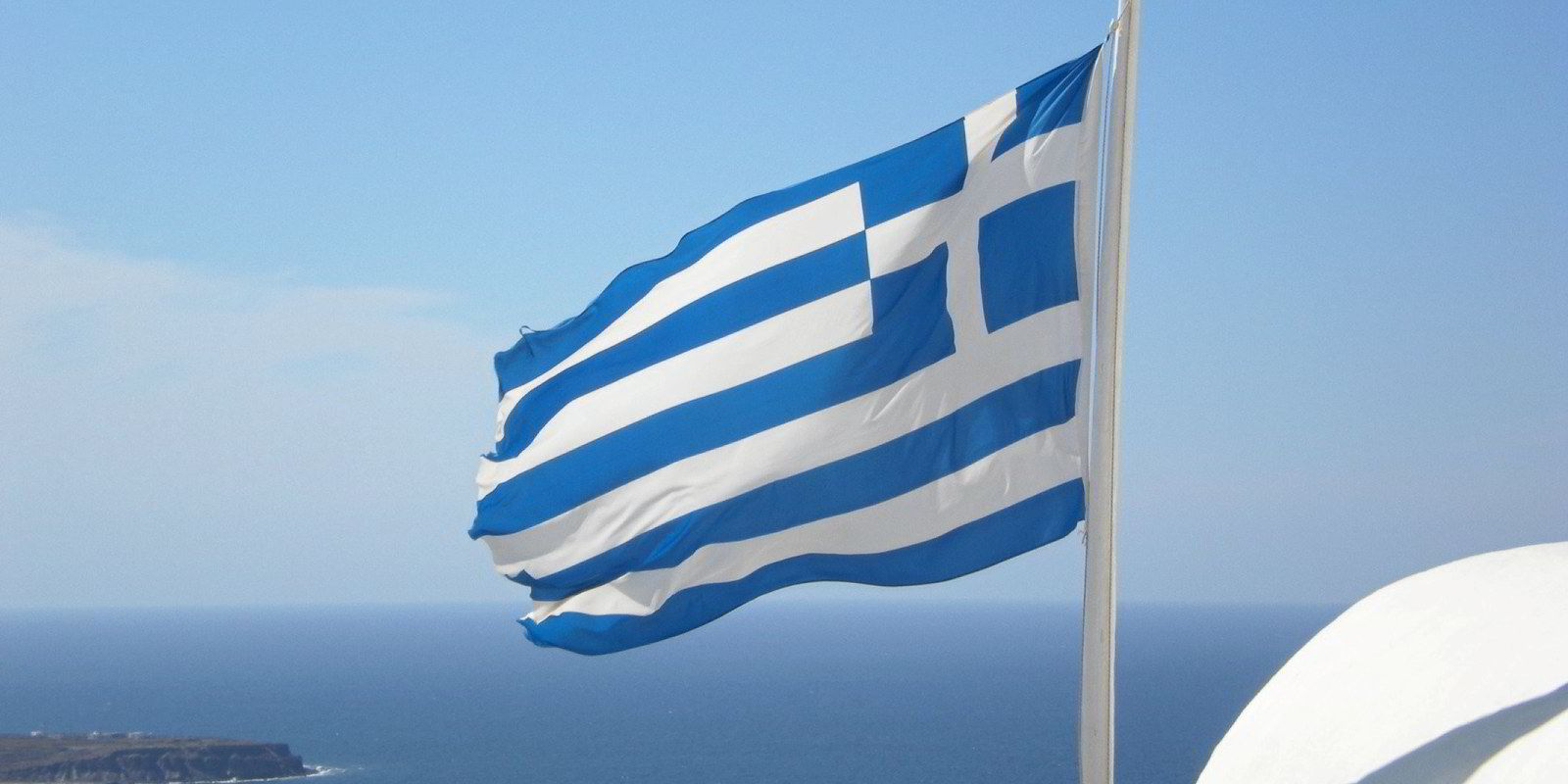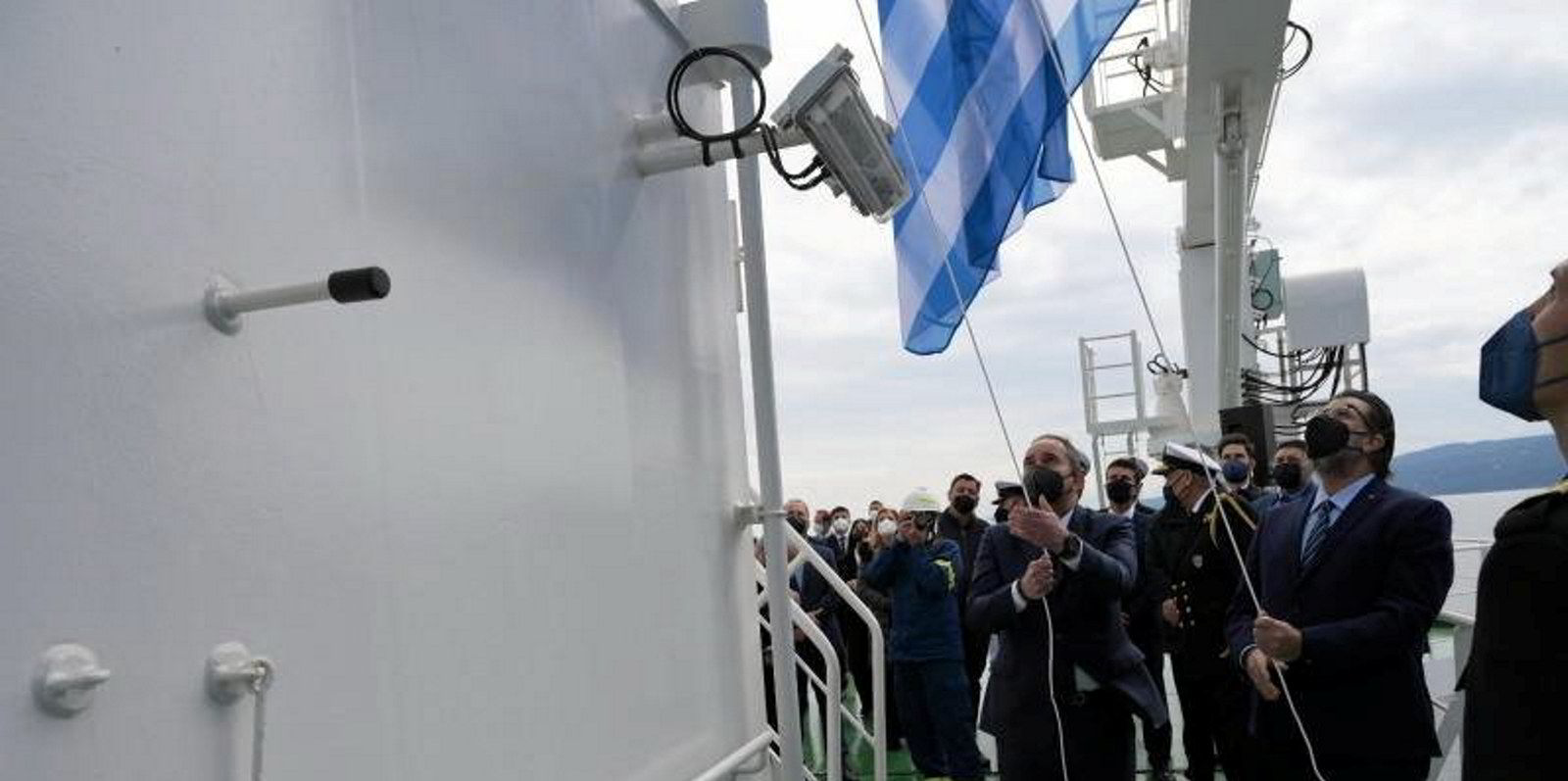The Greek-controlled fleet saw its biggest contraction since the 2008 financial crisis last year, most likely spurred by massive sales of older crude carriers amid soaring prices.
In terms of tonnage, the fleet shrunk by 1.7% in the 12 months through March to 349m dwt, according to a survey commissioned by the London-based Greek Shipping Co-Operation Committee (GSCC).
This is just the fifth time in the 36 years of the GSCC survey that the Greek-controlled fleet is seen shrinking.
The last time the fleet contracted was in 2018, when tonnage dropped at a much more moderate pace of 0.7% to 339.5m dwt.
The years of most severe contraction were in 2001 and 2009, when tonnage controlled by Hellenic shipowners shrunk by 2.3% and 2.1%, respectively.
The main driver of the latest decline was crude carriers.
According to the GSCC figures — which are based on data by S&P Global Market Intelligence — the number of Greek-controlled crude carriers dropped by a net 49 ships, or 8m dwt in total.
Greeks saw their LPG fleet shrink as well, by a net 56 ships or 3.1m dwt.
The GSCC report did not directly identify the causes of the fleet changes, attributing them in general terms to “the unstable situation in Ukraine/Russia and related challenges and opportunities, as well as the forthcoming regulatory requirements”.
This points to a trend identified by TradeWinds for months: that of Greeks, and other owners, taking advantage of soaring tanker values since the outbreak of the Ukraine war to offload their oldest oil carriers.
In the period covered by the GSCC survey, TradeWinds data shows Greeks selling anything between 156 and 173 tankers for estimated proceeds far exceeding the $4bn mark.
During the same period, Greeks have been active as buyers as well, but in a much more selective manner. Hellenes acquired nearly 100 crude tankers and product carriers that were, on average, about three years younger than the ships they sold.
As a result of all this activity, the share of crude carriers in the total Greek-controlled fleet dropped to 23.7% in March 2023 from 25.2% in the same month last year, according to the GSCC.
Willing buyers
Many of the Greek-controlled tankers that left the Greek fleet ended up with companies in jurisdictions largely unencumbered by sanctions against Russia.
According to TradeWinds figures, almost half of the about 50 ships assembled over the past 12 months by the world’s biggest tanker buyer, India-based Gatik Ship Management, have come from Greek owners.
Evidence of fleet diversion to the alternative trading system set up since the outbreak of the Ukraine war can also be gleaned from the GSCC’s flag data.
European Union flags, which are subject to more stringent anti-Russia sanctions, have been suffering. According to the GSCC figures, Greek-controlled tonnage registered under the flags of Greece and Malta dropped by a total 18.7m dwt last year.
Non-EU flags, by contrast, won big — mostly Liberia and the Marshall Islands, which saw inflows of 12.8m dwt.
The shrinking of the Greek fleet is likely temporary.
Several Greek owners have reinvested the big profits they made from the sale of their old vessels into tanker newbuildings, which will start delivering from 2024.





